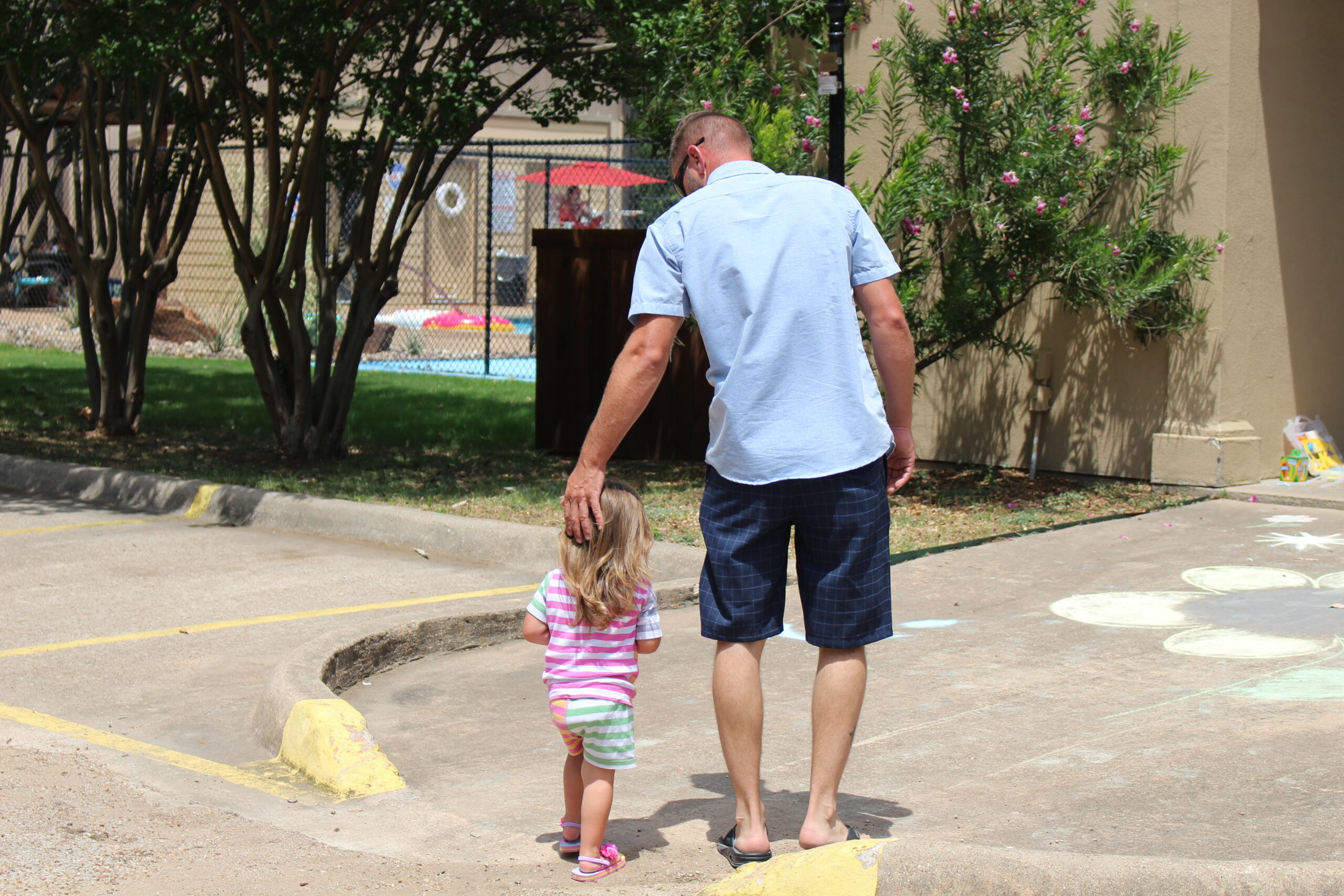National Be Someone Day
National Be Someone Day was founded by Project Harmony. Project Harmony founded this day to help end child abuse by educating and bringing awareness to the public. Be Someone Day is a reminder that each and every one of us has the power to make a difference in the lives of children. As foster parents, we can’t do it all but all of us can do something for the lives our foster children. Project Harmony encourages individuals to learn the facts, minimize opportunity, talk about it, know the signs, and react responsibly.
Facts About Child Abuse
- It’s estimated that at least 1 in 7 children in the US has experienced child abuse and/or neglect in the past year
- Neglect is the most common form of child abuse, followed by physical abuse, sexual abuse, and psychological abuse
- Adult survivors of childhood abuse are more likely to experience mental health difficulties, including depression, anxiety, bipolar disorder, PTSD, eating disorders, and substance use disorders
How to Be Somebody as a Foster Parent
As a foster parent, you have the unique opportunity to help a child begin to heal from their trauma. That can be a very daunting and scary responsibility but, through God’s grace and strength, we have the ability to make a real change in the lives of children. To Be Someone for your child in care, it requires humility and education on your part. When you do so, you are able to face unexpected and challenging conversations with more confidence. Here are other practical ways you can Be Someone for your foster children:
- Pick up on signs & symptoms
A few examples of signs and symptoms include withdraw, rebellious behavior, depression, anxiety, bodily injury, emotionally upset, nervousness around others, and food insecurity.
2. Educate yourself & your foster kids
When children come into care, they display behaviors that stem from their trauma. Due to a foster child’s lack of education about boundaries, we must be educated ourselves so that we can address concerns appropriately.
3. Respond appropriately
When a child has revealed abuse of any kind, it can be challenging to know how to respond. When your foster child begins to open up about their story, here is how you can respond appropriately:
How to Report Suspected Abuse & Neglect
Whether or not you are a foster/adoptive parent, each and every one of us are obligated to call the Texas Abuse Hotline when we suspect abuse or neglect. Even if you doubt a child’s story or your own instincts, it’s always best to err on the side of the child’s safety by making the report.
Texas Abuse Hotline
1(800) 252-5400
Resources
Adult Books about Trauma and the Brain
- The Connected Child by Karyn B. Purvis
- The Whole-Brained Child by Daniel J Siegel
Articles
- Project Be Someone: https://projectbesomeone.org/#5-steps
- Signs & Symptoms of Abuse/Neglect: https://childabuse.stanford.edu/screening/signs.html
- What is Child Abuse and Neglect? Recognizing the Signs and Symptoms: https://www.childwelfare.gov/pubs/factsheets/whatiscan/
- Understanding and Preventing Child Abuse and Neglect: https://www.apa.org/pi/families/resources/understanding-child-abuse
- Report Abuse, Neglect, or Exploitation: https://www.dfps.state.tx.us/contact_us/report_abuse.asp
Children’s Books
- Let’s Talk About Body Boundaries, Consent, & Respect by Jayneen Sanders
- Kids Need to be Safe by Julie Nelson
- Trauma: Teaching Kids All About Trauma by Robert Edelman
by: Olivia B.




